The Lumberyard Use Multiplication Arrays to have your students calculate the number of boards in one stack, twelve stacks, and then estimate ALL BOARDS in the lumberyard using the video. Click image to download the worksheet. Extension: these are 2 ‘x 4′ x 12’ boards. How much are the stacks worth if each board is […]
Author: Michael Kauffmann
Designing Simple Vehicles
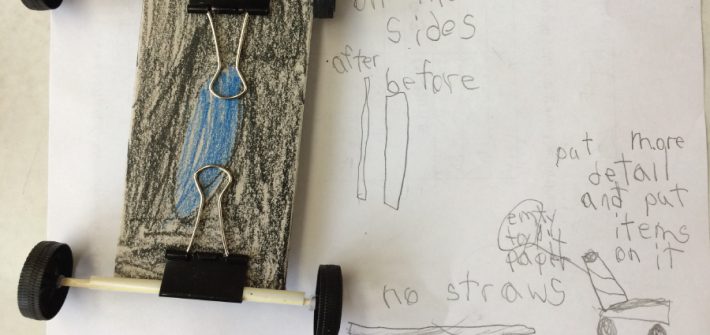
Designing simple vehicles combines science, technology, engineering, art, and math by challenging students to design vehicles that will travel the furthest. Measurement and Engineering Design Supplies: 1. Four wheels 2. Axil (to fit wheels plus straw to go over axil) 3. Car body (cardboard) 4. Clips or tape 5. Glue stick 6. Three pieces of […]
Binary Number Basics
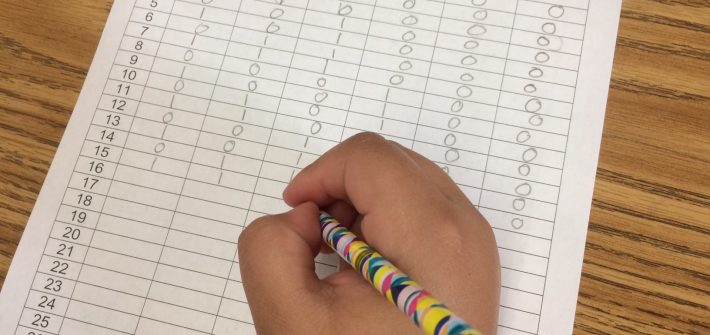
Duration: 55 Minutes Goal: To better understanding what the binary system is, how it is used, and how to use it. Objectives: Students will be able to identify binary numbers and what they represent. Students will be able to write out and decode binary numbers. Binary Numbers Printable Binary Number Table Binary Number Trick How […]
Measuring in Kindergarten
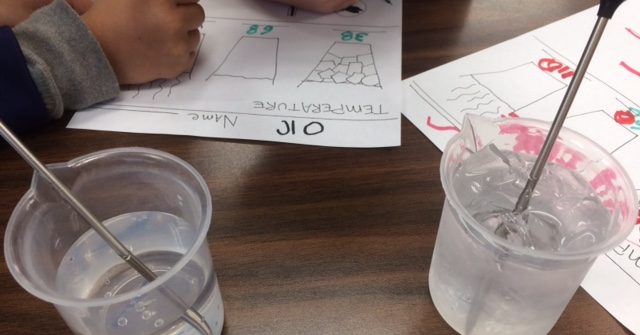
Measure Up! Measurements in Kindergarten involve students identifying the attribute to be measured. Objects often have multiple attributes that are measurable. STANDARDS FOR MATHEMATICAL PRACTICE Make sense of problems and persevere in solving them. Construct viable arguments and critique the reasoning of others. Attend to precision. STANDARDS FOR MATHEMATICAL CONTENT MGSEK.MD. Describe several measurable attributes […]
Rosie Slentz

KHUM Happy Trails featuring Rosie Slentz, a learning specialist at HCOE, shares ways to get school kids out of the classroom with a variety of activities.
Quantitative Reasoning Activity
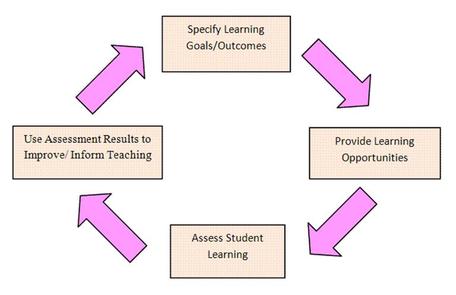
Experiencing the mathematical practices as adult learners A brief activity to rekindle our own math practices Mathematical Task: Interpret graphical information 5 minutes: Individual (think) What is the topic of the “Mistake on a plane” graph? What to the horizontal and vertical axis represent? What are some observations or inferences you can make based on […]
- 6-8 Curriculum
- ...
Electricity Basics
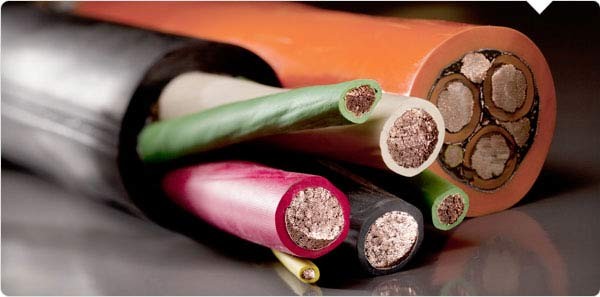
When we talk about electricity, we typically talk about three things: watts, volts and amps. These are universal units. Each one measures something different. Electricity basics for middle school is a two-day lesson which introduces students to circuits, watts, volts, amps, and loads. Watts are a basic measure of power. Volts are the standard unit […]
Basic Engineering Design Challenge
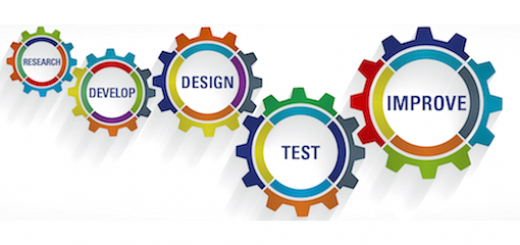
The basic engineering design process is a series of steps that engineers follow to come up with a solution to a problem. Many times the solution involves designing a product (like a machine or computer code) that meets certain criteria and/or accomplishes a certain task. This activity models a simple challenge to teach the design process […]
STEM Roller Coaster Challenge

Build a roller coaster out of straws and a cardboard box in this engineering design challenge your middle school students (and even older) will love. Start with this teaser Follow video by asking how students have been on/like roller coasters. Allow them to share experiences of riding a roller coaster. This link has pictures of some […]
Math Loco-motor Skills

Math and loco-motor skills can be integrated into daily physical education using the ideas shared by Chris Hopper from Humboldt State University. The Activity Make Predictions! How many steps will you take as you walk 10, 25, and 50 yards? Do It! Each student walks various lengths of the field and records their data. DOWNLOAD […]
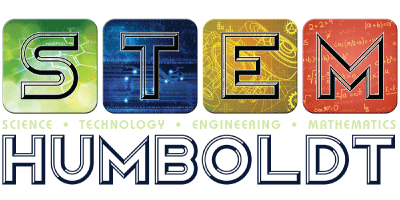
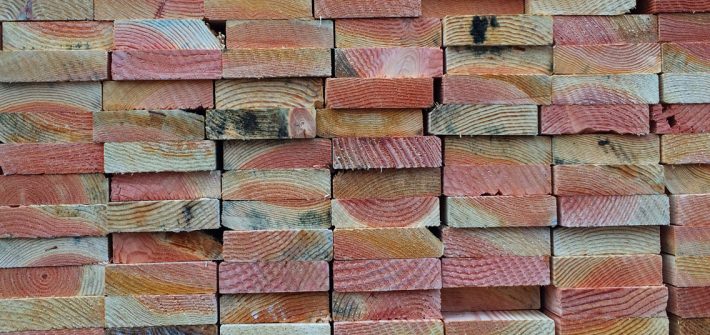
You must be logged in to post a comment.